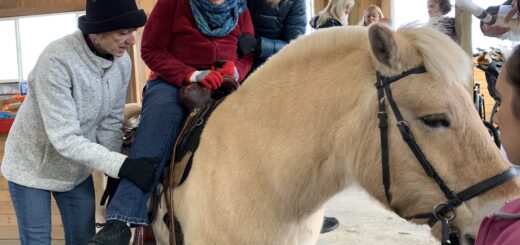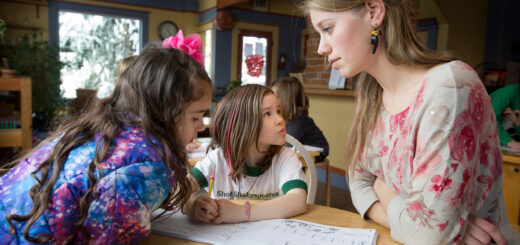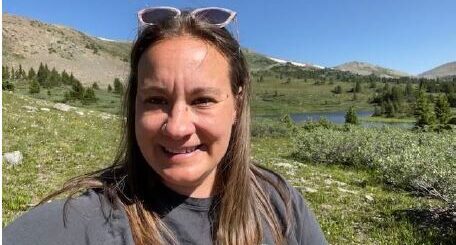Honoring a father by funding an expansion of science education at Wenatchee River Institute
Walt Williams’ WWII experiences drove passion for fostering understanding and compassion
There is something moving in carrying on the community- building work of one’s parents after they pass away.
Recently, I met with Bruce Williams and his wife Gro Buer at the office of the Wenatchee River Institute in Leavenworth to learn about a contribution from Bruce’s parents to increase the access to science learning in schools with high levels of poverty and diversity in the valley.
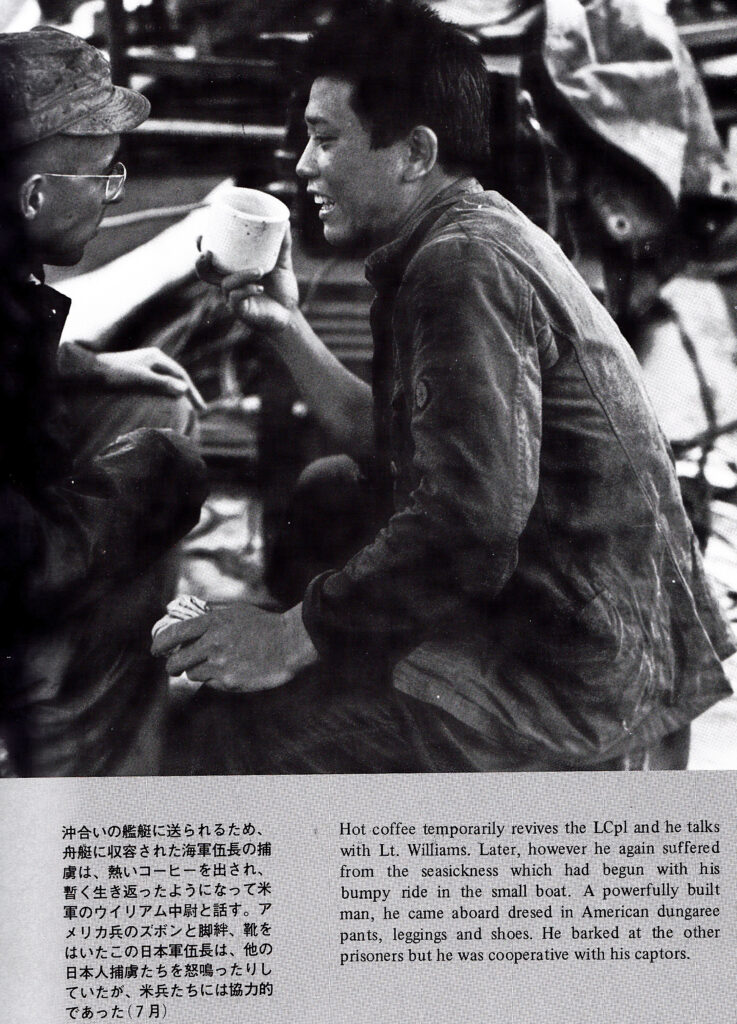
WRI, which is based at Barn Beach Reserve in Leavenworth, does a terrific job of connecting kids with nature through its programs. The hands-on learning experiences fire the imagination of young students. It’s hard to believe, but many kids growing up here don’t know much about the natural world.
Williams’ parents’ contribution flows from their values, reflected in the actions of Bruce’s father, Walter Williams, during World War II. As a US Marine who could speak Japanese, he became friends with Japanese POW’s who had surrendered on Guam. There was a strong anti-Japanese sentiment in those days, but that wasn’t the case for Bruce’s father. After the war ended, he traveled to Tokyo, which had been heavily bombed, and personally visited the POWs’ families giving them letters from the POWs to let their families know they were still alive.
This was one example of his lifelong interest in helping people from different cultures and backgrounds find a sense of belonging. After the Vietnam War ended, he and Bruce’s mother, Marie Williams, adopted an extended family of Vietnamese refugees and helped them build new lives in Seattle.
Bruce’s parents left funds at the Seattle Foundation “…to promote understanding and friendships that cross national boundaries and barriers of foreign language.”
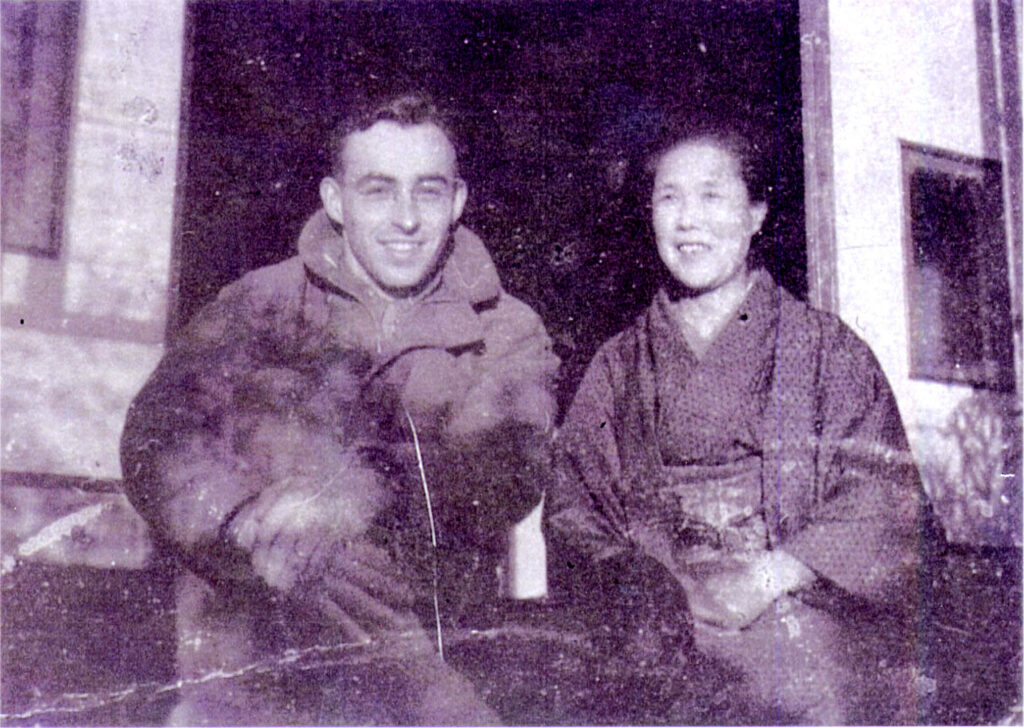
Bruce and Gro decided to use a portion of these funds to expand access to hands-on science learning for students in our community for whom English may be their second language
Working with WRI Executive Director Carolyn Griffin-Bugert, they decided to support the expansion of the organization’s Traveling Naturalist Program, a program where WRI brings environmental education to schools unable to travel to the WRI campus in Leavenworth. Last year, the Traveling Naturalist Program brought fun and engaging outdoor education to elementary students in five of Wenatchee’s After School Programs. Over 500 students, who otherwise would not have had the opportunity to travel to the WRI campus in Leavenworth, were able to snowshoe, use binoculars, identify bugs, and learn more about nature while in their own school yard.
With the additional funding, WRI will expand the Traveling Naturalist into 4th grade classrooms throughout NCW, with a focus on schools with a high percentage of Latino students. They’ll be using curriculum developed by the Montana Natural History Center, which has been doing similar work for many years. Naturalists will visit classrooms once a month and students will be able to explore the outdoors with two field trips – one to a site in their home community and one to the WRI campus.
Griffin-Bugert who worked for the Wenatchee School for over twenty years, said the data is quite clear that this kind of program is not only fun, it has a positive impact on standardized test scores for these kids.
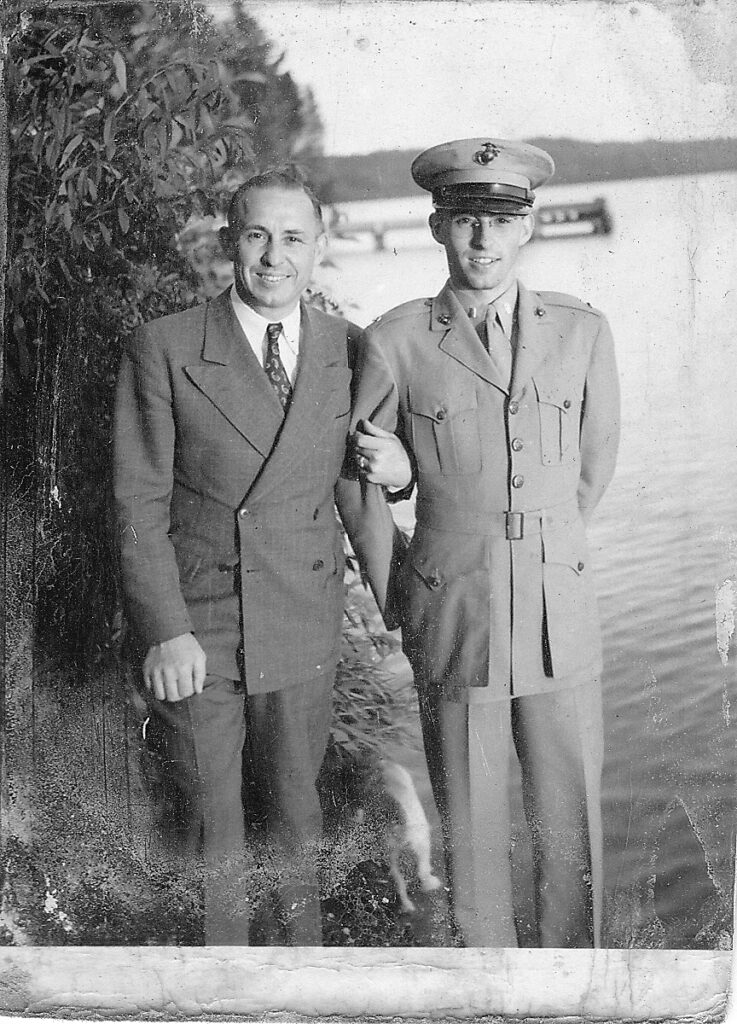
“My belief is it stimulates a side of the brain that makes you more engaged in learning,” Griffin-Bugert told me. So many kids have parents that are struggling to make ends meet in our valley and they don’t have the time nor resources to expose their kids to these things.
Equalizing opportunities is a sacred mission for WRI and for so many people involved in nonprofit work in North Central Washington.
The one-year funding for the program expansion will hopefully lead to others seeing the value and stepping in to keep the program going, Griffin-Bugert told me.
What a wonderful way for Bruce Williams and Gro Buer to honor his parents’ legacy and make a difference in our valley.

